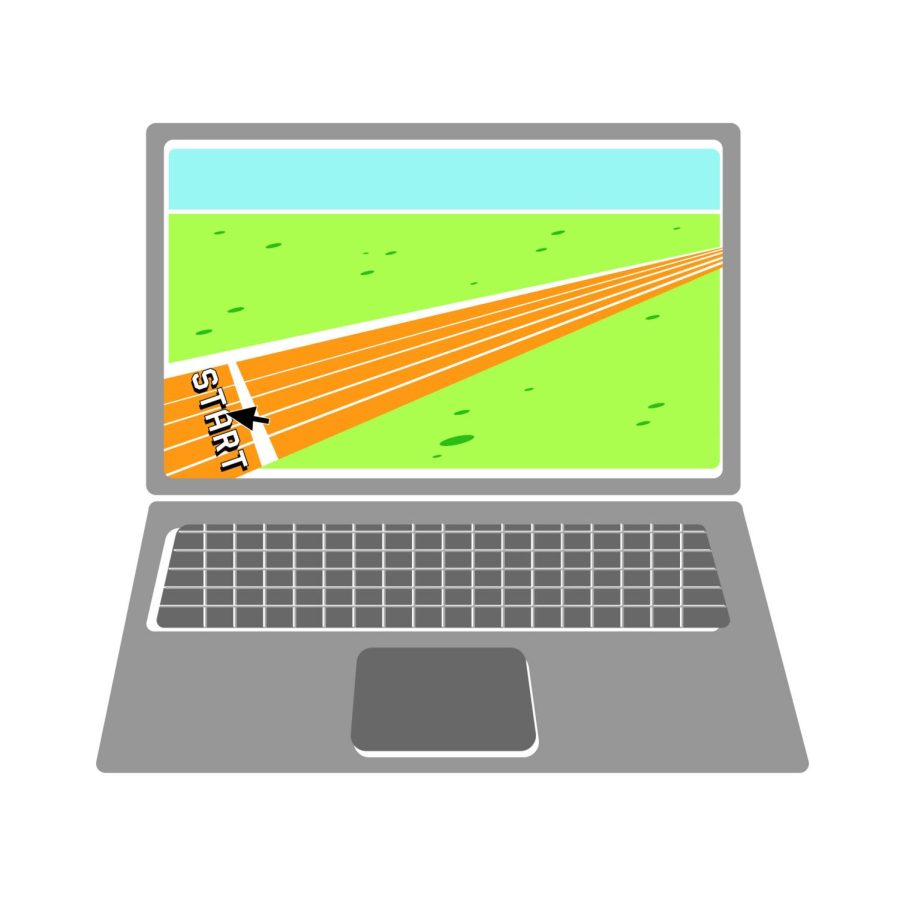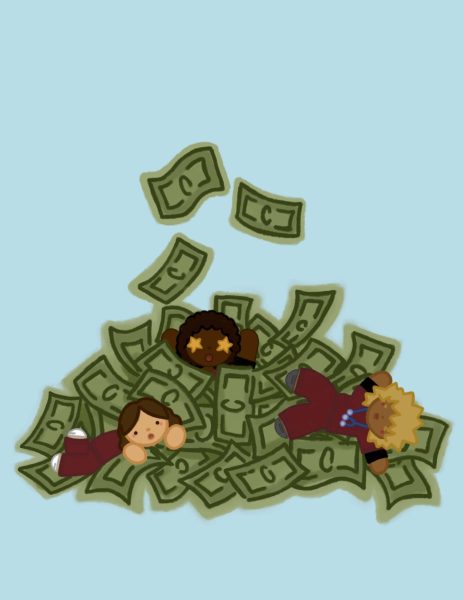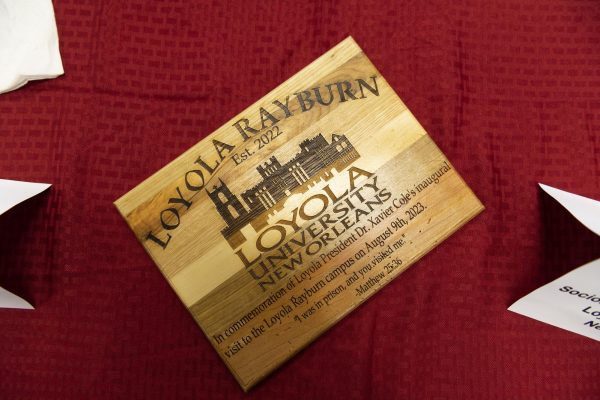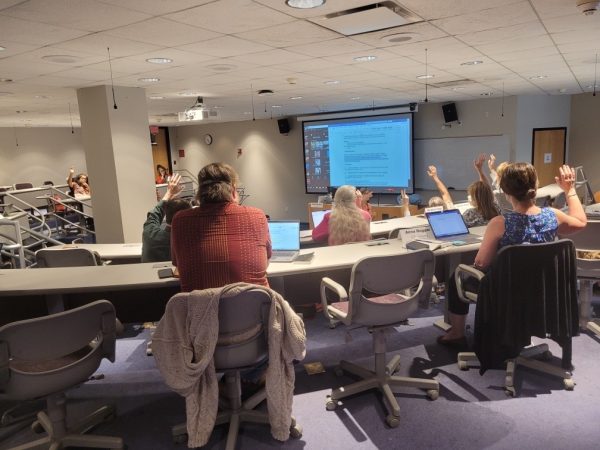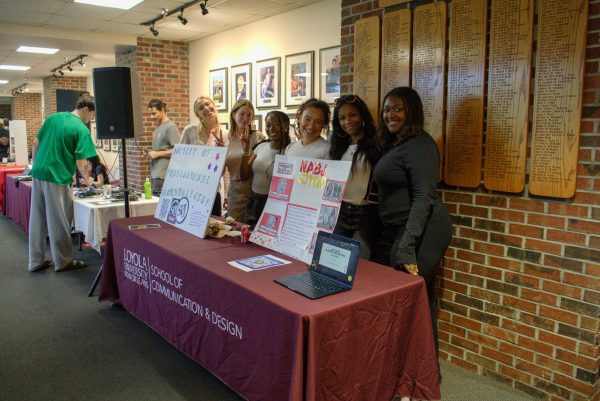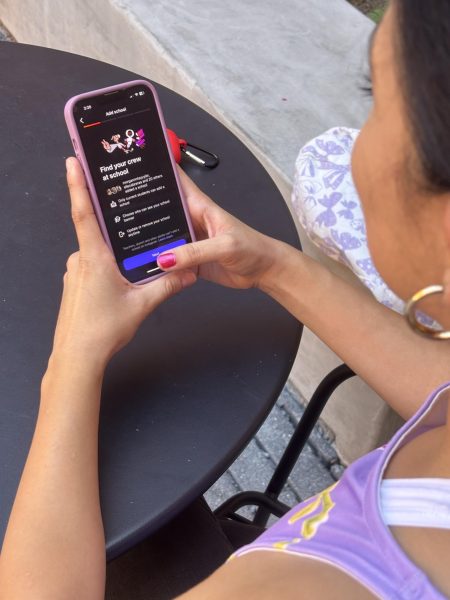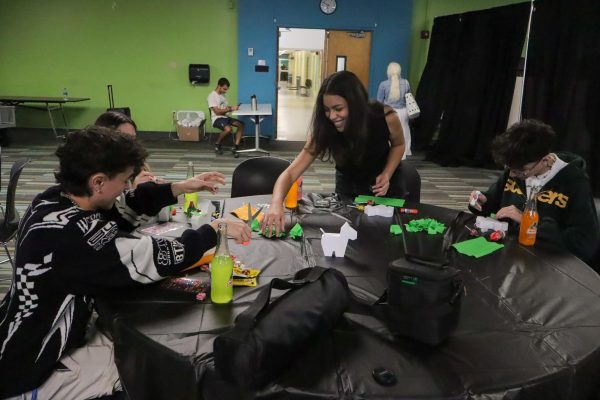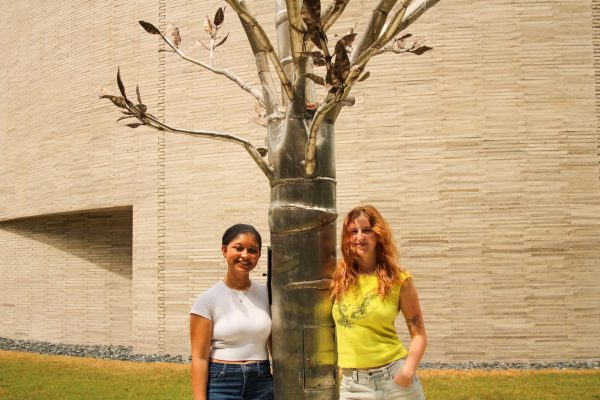Zooming into the semester
Students react to an online start
Loyola announced that classes would begin virtually until Jan. 31 with the recent spike in COVID-19 cases in New Orleans due to the omicron variant for the spring 2022 semester.
“It’s kind of like déjà vu,” said criminology and psychology senior Chiara Procaccio. Procaccio was a sophomore at Loyola when students were sent home because of COVID-19 in March of 2020.
Patricia Murret, associate director of public affairs for the university, said that the decision was made not only due to the rise in cases, but to give students the option to postpone travel without altering the schedule of the semester.
Many Loyola students have expressed ambivalence about the virtual start to the new semester. Some say they’re glad the university is trying to keep them safe, while others struggle with pandemic anxiety and fear of fatigue from virtual learning.
“I’m kind of mixed about it,” said digital filmmaking freshman Addison Laird.
Laird said she’s not complaining about getting to spend more time at home, but she is upset about having a second disruption in the academic school year after the setbacks in the fall with Hurricane Ida.
Despite student concerns, Loyola said the decision was made to keep students safe. Orleans Parish has the second highest number of COVID-19 cases in Louisiana, second only to Jefferson Parish, according to Nola.com.
As a result, Loyola is increasing its safety precautions by requiring students and faculty to be vaccinated and to receive their booster shot if eligible. Vaccinated faculty will also no longer be allowed to remove their masks while teaching, Murret said.
“The health and safety of our students is always our first priority,” Murret said.
But students are also frustrated with going back online.
Laird said that she was less successful in her classes while being online.
“It’s different when I’m at home on my computer doing the assignments as opposed to having meaningful discussions in a classroom,” Laird said. “It makes it harder when you have to keep yourself accountable for learning everything.”
While freshmen may have gotten a taste of being virtual following Hurricane Ida, many upperclassmen have been experiencing virtual fatigue since early 2020, when the pandemic first began.
“It was absolutely terrifying,” Procaccio said.
Online learning has not only affected students mentally and academically, but some say it has also affected their social lives.
Procaccio said she feels anxious about going out during the pandemic.
“I used to be able to go out and party-hop, but now I prefer to stay inside,” she said.
Some students like psychology freshman Morgan Love have no apprehensions about the virtual start.
“In fact, I encourage it,” she said. “I understand the risks of having in-person classes, and the fact that we are even able to be on campus is a win for me.”
Still, some students are juggling online classes with the compounding challenges brought by the pandemic.
Procaccio said that she prefers in-person classes but believes that her inability to work with the online instruction was due to being in a bad mental state because of the pandemic.
University Counseling Center staff counselor Paolo Roy said that online coursework has caused many students to feel a sense of purposelessness and meaninglessness around academics.
“Staring at screens all day has made school less real, and students have found it hard to stay motivated and up to date with assignments,” Roy said.
To help students cope with academic burnout and Zoom fatigue, the UCC is providing free ongoing counseling appointments for students currently enrolled at Loyola, as well as same-day crisis appointments for immediate support. Roy also encourages students struggling with online schooling and isolation to refer to the UCC Self-Care Guide for Students.
Tulane University has also adjusted their safety protocols for the spring semester by pushing their move-in date back one week. Meanwhile, other universities such as The University of New Orleans and Xavier University will continue their spring semester plans as usual. All four universities, however, have mandated vaccinations and negative COVID-19 testing for students prior to moving back to campus.
“Going online is always going to be our safe option even though it’s not ideal. I would much rather have my peers be safe even if that means my learning has to adapt,” Procaccio said. “It’s a necessary evil.”

Maleigh Crespo serves as the Maroon's Editor in Chief. Maleigh previously served as the Maroon's Managing Editor for Print, Design Chief, Equity and...
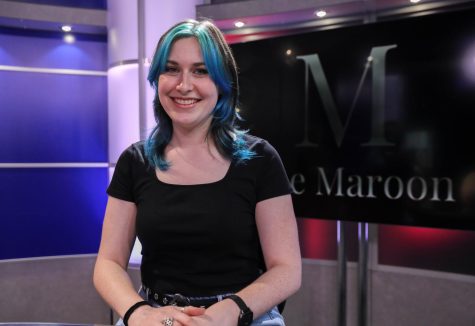
Kat Kelsey is a senior graphic design major and art history minor from Fort Lauderdale, Florida. She has contributed illustrations to the paper for the...


